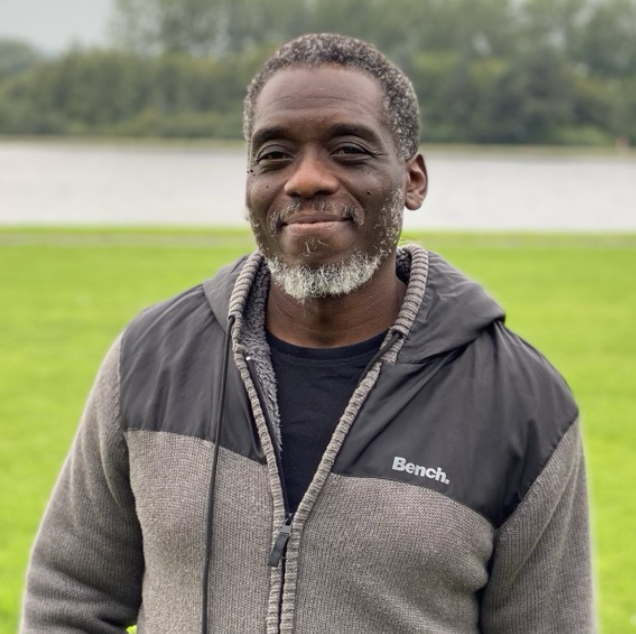Biblepraise Fellowship Online
Inspirational Writings, Stories and Poetry.
Private Life and Public Image
by Rubel Shelly on January 7th, 2018
A coach at a major university is convicted of molesting young boys for more than a decade. A would-be presidential nominee lies about an affair and the paternity of their child. Another round of bizarre behavior sends a music star into rehab. The stories keep hitting the press at a non-stop pace.
There will be more. Count on it. And one of the most common and off-putting responses we will hear in practically every case is this: What so-and-so does in private life has nothing to do with his or her public abilities.
At one level, that's right. Teaching kids how to be better athletes, wooing donors and getting votes, belting out a mesmerizing song - all those abilities exist independently of dumb, criminal, or evil things somebody does. For a time anyway. Until the next temptation or blackmail based on that gaffe.
At a much deeper level, however, the connection between personal ethics and public persona is apparent. If he will lie to and cheat on his wife, he is not trustworthy in anything he promises us. If she is out of control, she is on the way to self-destruction and is going to take others down too. And there are not enough laws or enforcement agents to make a shady money merchant honest.
Have we really come to a point in human history where image, advantage, and return on investment trump character - or the lack of it? Will we tolerate anybody and anything that turns a profit - without regard to harm done to others?
If this sounds like a diatribe against corrupt politicians, celebrities who muddy kids' minds, and coaches who sully the legitimacy of sport, it is. But that's the smaller part. The much larger point is to remind all us moms, bosses, and teachers that we are more than our jobs. Who we are is at the heart of what we do. Character either legitimates or undermines everything we claim to value.
In his brilliant Sermon on the Mount, Jesus said this about religious teachers: "You can identify them by their fruit, that is, by the way they act. Can you pick grapes from thornbushes, or figs from thistles? A good tree produces good fruit, and a bad tree produces bad fruit. A good tree can't produce bad fruit, and a bad tree can't produce good fruit" (Matthew 7:16-18 NLT). What he said about teachers holds true as well for people in other arenas.
To be an honorable human being is to be decent in the dark as well as before the cameras. It seems to be everyone's challenge these days.
Dr. Rubel Shelly is Pastor of Woodmont Hills Church of Christ, Nashville and authors Fax of Life a weekly service. He is the author of more than 20 books, including several which have been translated into languages such as Korean, Japanese, Portuguese, Italian, French, and Russian. To subscribe to Fax of Life, send email to faxOfLife@woodmont.org
Comments
(0)Add a comment

Steve Popoola is the editor of Biblepraise Newsletter and the founder of the Biblepraise Fellowship Online.
He lives in Kent, United Kingdom, where he works as an IT Professional. He serves in his local church as an Elder and Trustee, Worship Leader and assisting with Pastoral Care.
Recent Posts
February 23, 2026
February 02, 2026
January 26, 2026
January 05, 2026
December 22, 2025